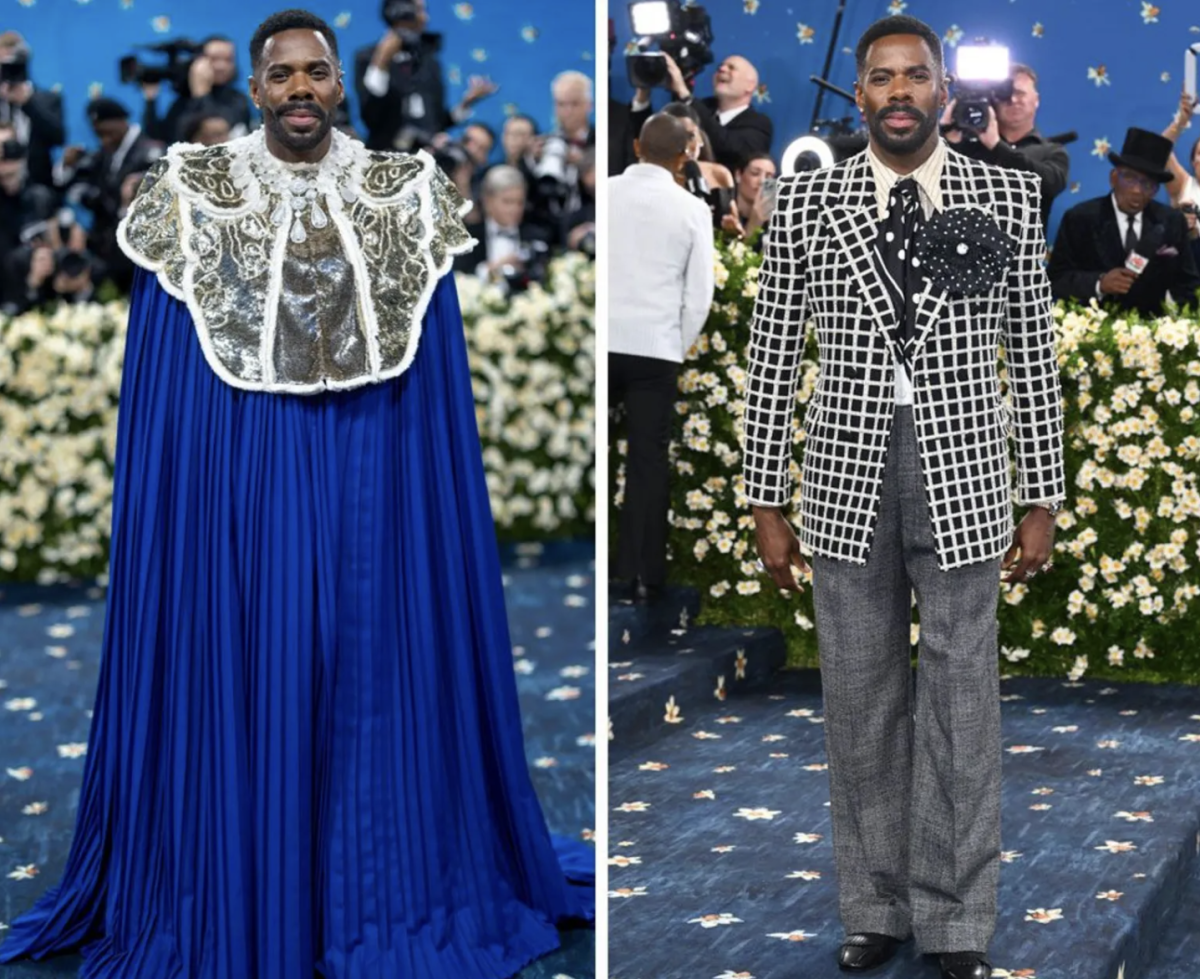Junior Addie Walker has been playing video games since she was 7 years old. Raised in a tech-savvy family with a hardcore gaming enthusiast for a brother, video games were a part of her childhood – from Pokemon then to the Sims 4 now. Even so, Walker does not call herself a gamer. The question is, why? According to a study conducted by the Pew Research Center, Walker is not alone. The report revealed that 49 percent of all Americans play video games, and this population is almost evenly split between men and women – 52 and 48 percent, respectively.
Only six percent of the female pool, however, admits to labelling themselves as a gamer.
Walker believes that this is largely due to skewed advertising.
“[Video games] are always advertised to boys, and when you do see them advertised to girls, it’s like ‘oh, take care of a kitten!’” Walker said. “When you’re young, you get it in your head that girls don’t play video games.”
Junior Asiyah Saeed also grew up playing video games, specifically those for the Nintendo DS and 3DS, as well as for the PSP.
Saeed is not surprised by these statistics.
“It’s true, a lot of girls do play video games,” Saeed said. “When I went to my first football game, I had my PSP in my bag, and I made a reference to Portal or something like that, and one of the St. Mark’s boys was like, ‘wait, you’re a girl! Why do you like video games?’ And I’m like, ‘It’s 2015, can’t you get over it?’”
Saeed’s passion and interest in video games inspired her to write about them for her junior research paper, specifically focusing on inaccurate portrayals of video games in the media.
“Games are not any different from books or movies, they are just more interactive…[but] they are seen as really, really bad in comparison. I wanted to challenge that stuff, like school shootings and murders, behavior and other negative stereotypes like that,” Saeed said. “As if games were the culprit of it all.”
But according to an Upper School survey of 105 students, 40 percent believe that women do not call themselves gamers because ‘it’s a guy thing.’
“Mass media leads us to believe that men are the only gamers in our society as they are often portrayed in television or in movies,” an anonymous student said in the survey. “We rarely view females playing video games in media and as a result, our understanding of gaming culture is skewed.”
Maeve Duggan, a research associate at the Pew Research Center, has written several acclaimed articles about media in the 21st century. In her “Gaming and Gamers” article, published in December of 2015, Duggan touches on how public attitudes towards games–like the ones Saeed mentions in her JRP–are often complex and uncertain.
“In recent years, major debates have emerged about the societal impact of video games and the effect they have on the people who play them,” Duggan wrote. “Among the disputes: whether men predominate in gaming; whether games portray women and minorities poorly; whether violent games promote aggressive behavior; and whether games encourage positive attributes such as problem-solving skills, communication and teamwork.”
Thus, a negative stigma exists concerning gaming culture, and perhaps this contributes to why women are less inclined to call themselves gamers.
Saeed also notes that female dissociation from video games is due to sexist portrayals of women.
“A lot of video games have sexist portrayals of [women], or there are really flushed out characters of them [or] the drawings of them are very inappropriate,” Saeed said. “A lot of girls have turned away from that because they think that it’s inappropriate to like them.”
In 2014, the hashtag #womenaretoohardtoanimate went viral after Ubisoft announced that there would be no female character options in neither “Assassin’s Creed IV: Black Flag” nor “Far Cry 4.”
Alex Hutchinson, the game director, claimed that the animation process for female characters was too difficult without improved technology.
“We did our best,” Hutchinson said in an interview with Polygon. “It’s frustrating for us as it is for everybody else, so it’s not a big switch that you can just pull and get it done.”
Game developers and fans refused to believe this, however. Jonathan Cooper, a Naughty Dog animator and former “Assassin’s Creed III” animation director tweeted about the reality of designing female characters.
“In my opinion, I would estimate this to be a day or two’s work,” he said in a tweet on June 11, 2014. “Not a replacement of 8,000 animations.”
Senior Virginia Beshears, who enjoys playing video games in her limited spare time, agrees that because of reasons such as this, women are reluctant to play video games.
“Men push women out of spaces that are universal, but become stigmatized,” Beshears said. “There are so few video games with women in leading roles. Lara Croft [the female protagonist of the Square Enix video game franchise “Tomb Raider”] used to be a big deal, but as we’ve moved on, she’s not a thing anymore. That’s because women have been pushed out of this culture.
While some are reluctant to call themselves gamers for one reason or another, there is no denying that women are an active part of modern gaming culture. And when it comes down to it, it is evident that women play video games not to impress men or to make a statement, but simply because they enjoy playing them.
“I really like stories,” Saeed said. “[Video games are] different than reading a book because you have an active input on what you’re doing, and you feel like you are accomplishing something. It was just really fun for me to get into that.”
– Erin Thomas – Editor-in-Chief








